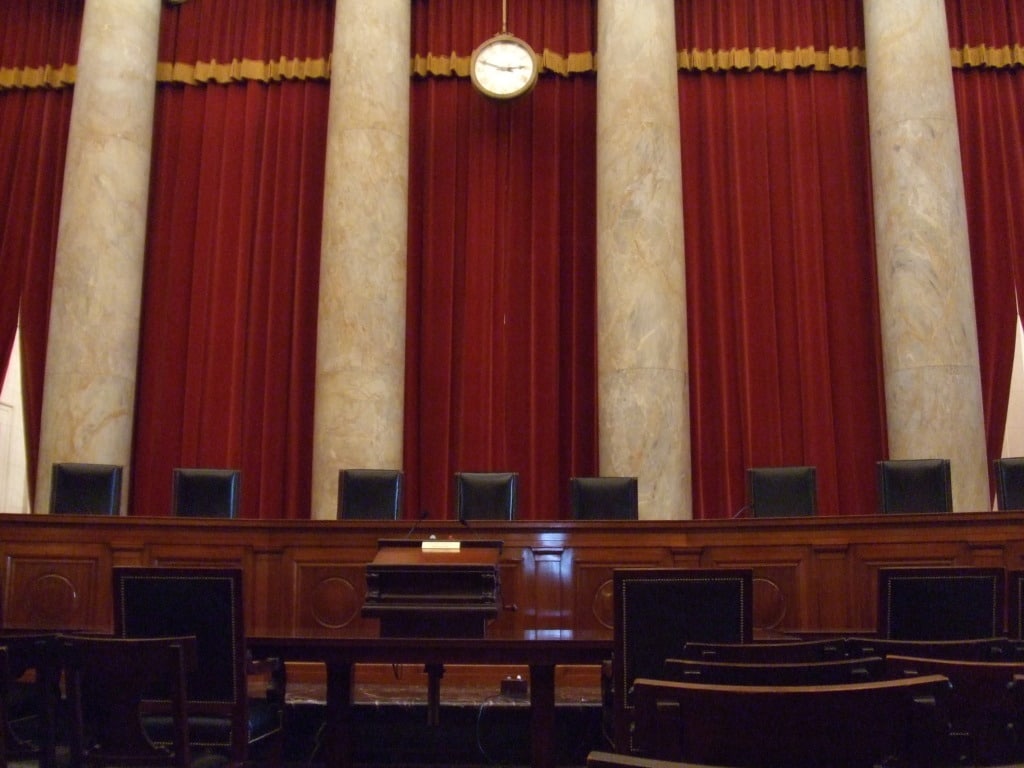New Scholarship on Sanctions and Central Bank Immunity
Ingrid has a new paper out on recent developments in central bank immunity, focusing on sanctions by the United States and other countries involving Russian, Afghan, and Venezuelan central bank assets and their relationship to immunity. Some of the issues addressed in the paper involve transnational litigation in U.S. courts, including the entitlement of sovereign…
Continue ReadingCrypto and Forum Selection Clauses
Over the past six months, the crypto industry has suffered setback after setback. In late 2022, the cryptocurrency exchange FTX collapsed. Its CEO and founder, Sam Bankman-Fried, has since been charged with wire fraud, money laundering and securities fraud, among other crimes. In 2023, the SEC filed a civil suit against persons involved in the…
Continue ReadingOfficials Who Kidnapped Hotel Rwanda Hero Are Not Immune from Suit
In 1994, Paul Rusesabagina was the manager of a hotel in Kigali, Rwanda. During the genocide, he sheltered 1,268 Hutu and Tutsi refugees, all of whom survived. His courage inspired the film “Hotel Rwanda,” and in 2005 President Bush awarded him the Presidential Medal of Freedom. Rusesabagina became a human rights advocate and vocal critic…
Continue ReadingAbitron: Media Coverage Round-Up
On March 21, the Supreme Court heard oral arguments in Abitron Austria GmbH v. Hetronic International, Inc., a case on review from the Tenth Circuit raising the geographic reach of federal law. The respondent, an Oklahoma-based electronics manufacturing company, brought a trademark infringement claim under the Lanham Act against the petitioner, a group of German…
Continue ReadingWho Owns the Stargazer?
Claims relating to the ownership of movable property generate an impressive amount of transnational litigation. In April 2022, the U.S. Supreme Court decided a long-running case about the ownership of a painting that had been expropriated by the Nazis in 1939. In July 2022, the U.S. District Court for the Northern District of New York…
Continue ReadingHappy Birthday to TLB!
On March 28, 2022, TLB published its first post. Since then, we have published 245 more. Over the past year, the site has received more than 32,000 visitors from 82 different countries. Roughly half of those readers are based in the United States. Our most frequent non-U.S. visitors are based (in rough order) in (1)…
Continue ReadingMark Your Calendars! Transnational Litigation Events at 2023 ASIL Annual Meeting
On March 29 – April 1, the American Society of International Law will hold its 117th Annual Meeting in Washington, D.C. Registration is open for a few more hours, until March 27 at 3:30pm ET. There are several events that may be of particular interest to TLB readers. Ingrid will convene the Eighth Annual Vagts…
Continue ReadingCert Petition Highlights Circuit Split on Sovereign Immunity for Military Purchases
The Foreign Sovereign Immunities Act (FSIA) immunizes foreign states from suit in federal and state court. But it makes an exception for actions based on a foreign state’s commercial activities. The Supreme Court’s leading decision interpreting this exception is Republic of Argentina v. Weltover (1992), where the Court unanimously held “that when a foreign government…
Continue ReadingSupreme Court Focuses on Consumer Confusion in Extraterritorial Trademark Case
Yesterday, the Supreme Court heard oral argument in Abitron Austria GmbH v. Hetronic International, Inc. The question before the Court is when the federal trademark statute, known as the Lanham Act, applies to the use of trademarks outside the United States. The respondent, a U.S. company that makes radio remote controls for heavy construction equipment,…
Continue ReadingSupreme Court Ducks Fifth Amendment Due Process Question
The Supreme Court denied certiorari yesterday in Douglass v. Nippon Yusen Kabushiki Kaisha. This highly-watched case raises an important question that the Court will have to address sooner or later: the Fifth Amendment due process limitations on personal jurisdiction. The Supreme Court’s personal jurisdiction cases have repeatedly interpreted the Due Process Clause of the Fourteenth Amendment…
Continue Reading






